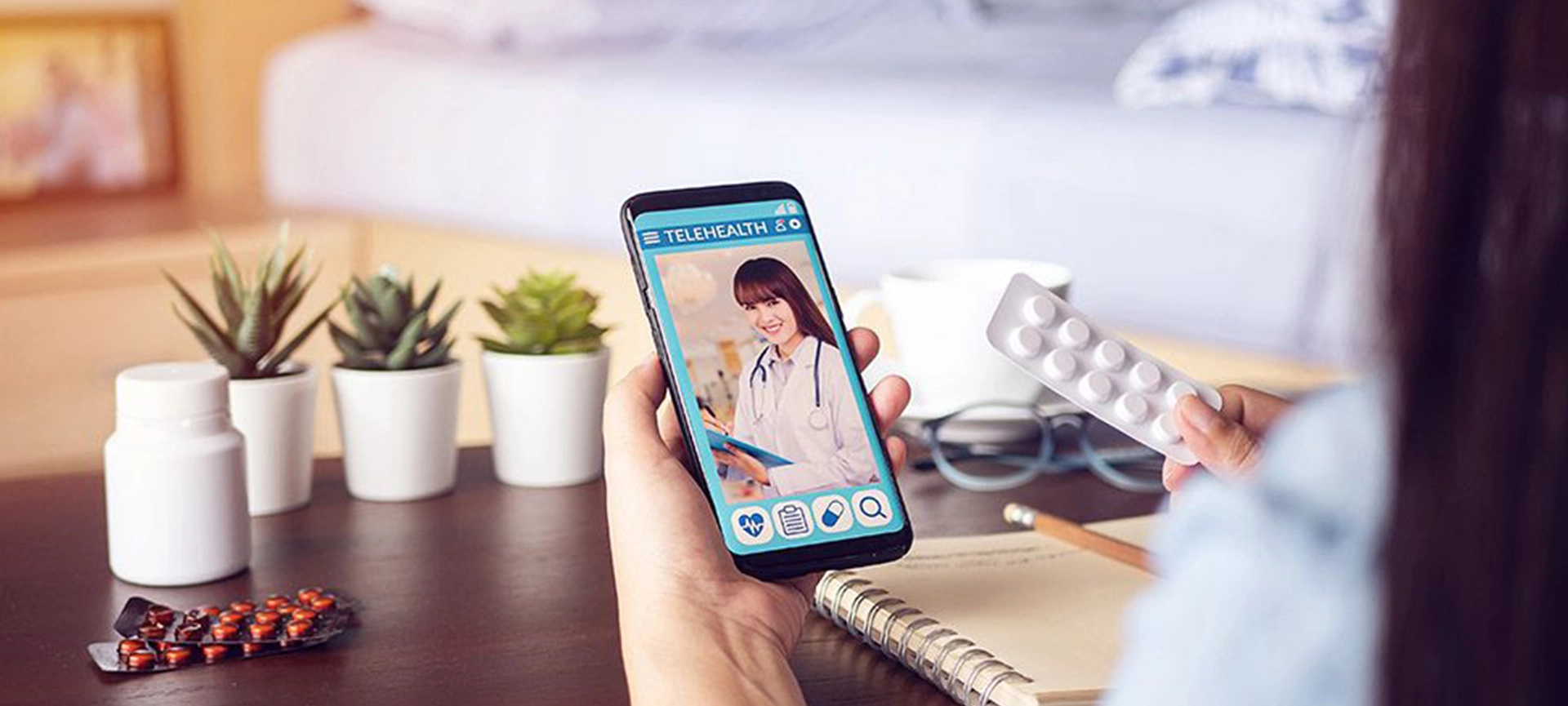As our understanding of addiction has evolved, so too has our approach to treatment. We have moved on from the one-size-fits-all approach that focused on detox and little else. Now we adjust the treatment to suit the person. We explore the reasons for the person becoming addicted in the first place, knowing that if these underlying causes are not addressed, there will be a high risk of relapse.
This has resulted in a multifaceted approach to addiction treatment that encompasses the individual’s physical, mental, emotional, social, cultural, and spiritual well-being. We treat the addiction alongside any coexisting mental illnesses. We help the addicted person mend damaged relationships. We teach them life skills that will empower them to learn new skills or get a job once rehab is over. We show them how to take care of their physical health through exercise and nutrition. So by the time the addiction treatment program is over, the individual has a whole new set of skills to help them navigate the real world – and enjoy living in it without needing drugs or alcohol.
The mode of treatment delivery has evolved and adapted to a changing world as well. Gone are the days when an addicted person’s only option was an inpatient rehab program that required them to leave their job and their family for weeks at a time. Outpatient programs are increasingly popular, and since 2020, a global pandemic has brought the possibilities of virtual treatment services into the forefront.
Different people respond well to different methods of treatment, and that includes the delivery method. There will always be those who cannot truly recover without in-person interactions with therapists and addiction specialists. And we are increasingly seeing that there are those who recover better when their treatment provider is on the other side of a computer screen.
Below, we list some of the ways in which a virtual intensive outpatient program can be beneficial.
#1 You can stay at home
Many people resist inpatient rehab because it is not feasible for them to step out of their lives. You may be thinking that you want to recover, but you also want to be able to go to work and pay your bills. Not everyone has the ability to take a leave of absence or pass on their responsibilities to other people.
A virtual intensive outpatient program is typically run for a few hours a day, either during the day or in the evenings. Some aspects of your treatment may involve daily sessions, some may be run three or four times a week, and some may be done exclusively over weekends.
One of the great things about a virtual program is that it can be tailored to fit around your work or study schedule. And if your employer is understanding, you may be able to adjust your shifts or working hours to make things a little easier on yourself.
#2 Virtual programs may be more affordable than in-person services
One thing about private rehab is that it doesn’t come cheap. Inpatient rehab in particular is expensive, because it includes the cost of the therapy, food, accommodation, recreational activities, exercise facilities, and everything else you will need during your program. While the cost is, in many cases, understandable, it is out of the financial reach of many people.
Virtual treatment programs do not come with those incidental costs. They are cheaper to deliver, and therefore, there is generally a lower cost to the person needing treatment.
#3 Logistical barriers all but disappear
For some people, getting to a therapy appointment is as simple as driving from A to B and walking into an office. Unfortunately, it’s not that easy for everyone. If you have a disability that prevents you from entering non-accessible spaces, if you rely on public transportation, or if you simply cannot afford the time it takes to make the trip there and back, a virtual intensive outpatient program could be a solution for you. All you need is a reliable Internet connection with video and audio capabilities, a private comfortable space.
#4 Home can be a comforting environment

Addiction recovery is hard work that can involve delving into painful or uncomfortable emotions or memories. You may find the process somewhat less difficult if you are in your own environment where you feel safest, surrounded by objects that bring you comfort. A lot of people find it difficult to open up to a relative stranger in an office that seems like a clinical setting. Being in your own space may enable you to relax into the process more easily.
#5 You can immediately practice what you learn
One of the benefits of inpatient rehab can also be seen as a drawback. On the one hand, you are sequestered away from your real life, so you can focus on your recovery. On the other hand, returning to the “real world” after rehab can be a shock to the system. A virtual intensive outpatient program gives you the best of both worlds: the intensive addiction treatment that helps you develop essential coping skills, and the ability to immediately use those skills in the real world without having to go through a transitional phase.
As you go through your recovery and learn ways to manage stress and improve your relationships, you can put that into practice right away, knowing you have the support of your addiction treatment team.
Getting Addiction Treatment
If you or a loved one are going through an addiction, help is available at Addiction Rehab Toronto. Whether you prefer inpatient rehab or in-person or virtual intensive outpatient services, we will create a plan that is tailored to your unique needs and circumstances. We offer a variety of treatment methods, including individual and group therapy, family counselling, nutrition and exercise coaching, treatment of concurrent mental illnesses, and much more. By the time you complete your program, you will feel empowered to deal with whatever stresses you encounter in the real world, without needing drugs or alcohol. Call us today for more information.







